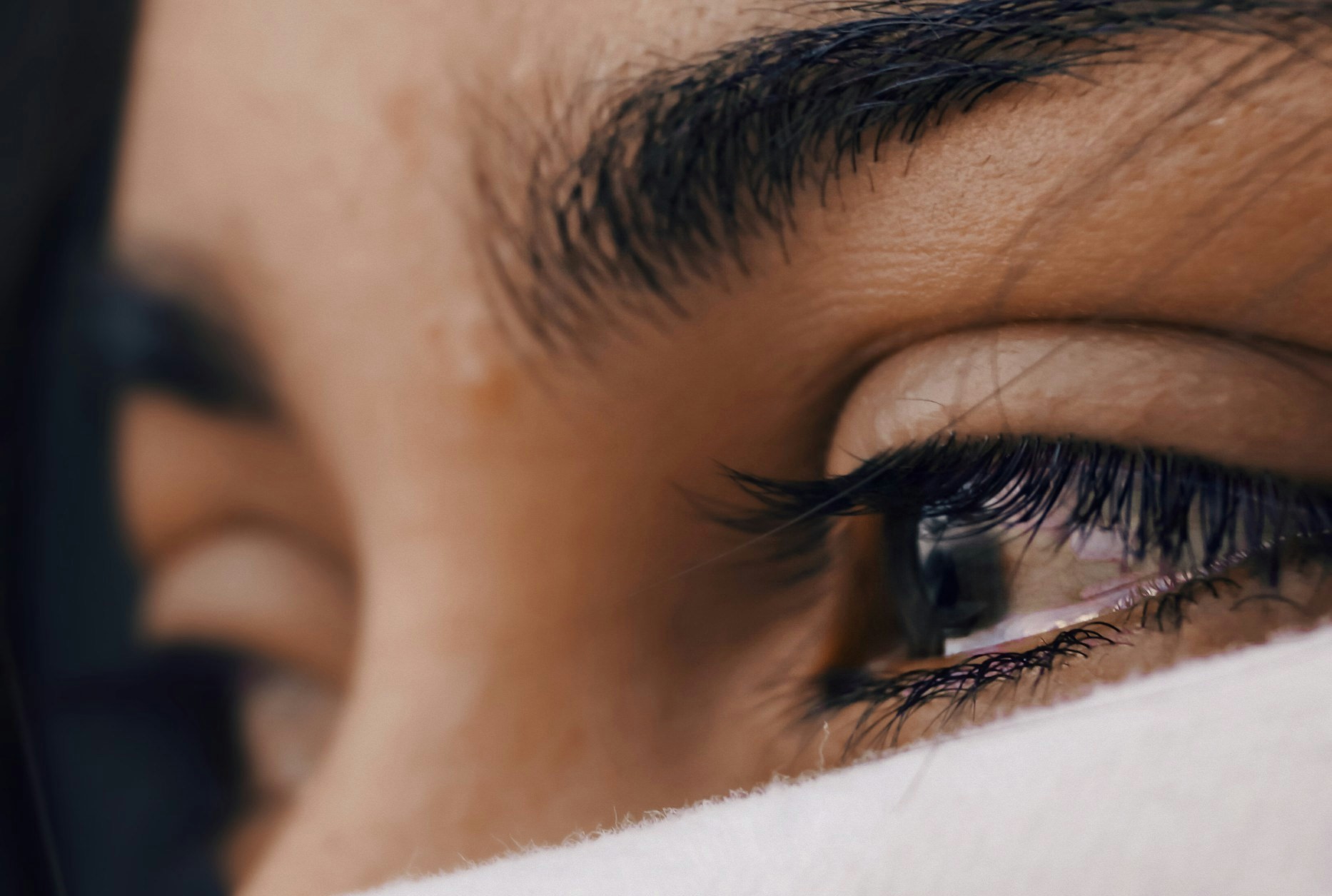
Mental health problems can affect anyone – that goes for men, and women.
But, women generally tend to suffer more from mental health issues than men. Why is that?
In this blog, we are going to take a deep dive into women’s mental health. We will be exploring the reason why the rates of mental health problems in women are steadily increasing, while men’s remain stable. Specifically, we want to look into what can affect a woman’s mental health and the physical health conditions that only women face.
Around one in five women have a common mental health problem, e.g. depression and anxiety.
There are a number of reasons why these common mental health issues can occur but some of the risk factors are much more likely to affect women than men:
Conversely, women are much more likely to have a good support network around them and find it easier to confide in a loved one.
There are physical health changes that only affect women, that can greatly influence their wellbeing and mental health:
Based on the information in this blog, women are much more likely to carry the burden of their family life. Additionally, hormonal changes occur more frequently than their male counterparts.
Historically, men tend to be less likely to talk about how they feel which means their feelings and mental illness can go unreported.
With the number of women being diagnosed with mental health issues increasing, we must ask the question as to whether enough support is being offered to women struggling with their hormones, and family life. Huge shifts in hormones during the key stages of a woman’s life play a large part in their mental health and wellbeing and this must be taken seriously when considering the difference in genders with regards to mental health.
Understanding the part hormones play in women’s health is only the beginning, we must urge the women in our lives to reach out for support if they need it. We must also provide them with the support and resources to be able to reach out if that’s what they choose to do.
If you are a woman worried about your mental health and wellbeing in general, you can find some useful resources on our website under ‘news and resources.’
The first step can sometimes be to just talk about your feelings, this can be to a friend, colleague or loved one. A problem shared is a problem halved, so they say.
Additionally, maintaining good physical health can support negative bouts of mental health – it’s always worth keeping active, eating as well as you can and getting good quality sleep.
If you are worried that you may be developing a mental health condition, always talk to your GP. Although it can be intimidating, most people find that speaking to their GP and getting help can be life-changing.
Organisations such as Mind and the Mental Health Foundation offer practical hints and tips to support people going through a difficult time with their mental health.
Women’s mental health can be a complex subject and we hope we were able to shine a light on the intricacies of women’s physical and mental health for you.
Follow us on Facebook, Twitter, LinkedIn, and Instagram to keep up to date with articles, company news, service updates and more.
Women and mental health – Mental Health Foundation
Men and women: statistics – Mental Health Foundation
Women and Mental Health – National Institute of Statistics
Key statistics about women and mental health – Counselling Directory
Image by Louis Galvez on Unsplash.